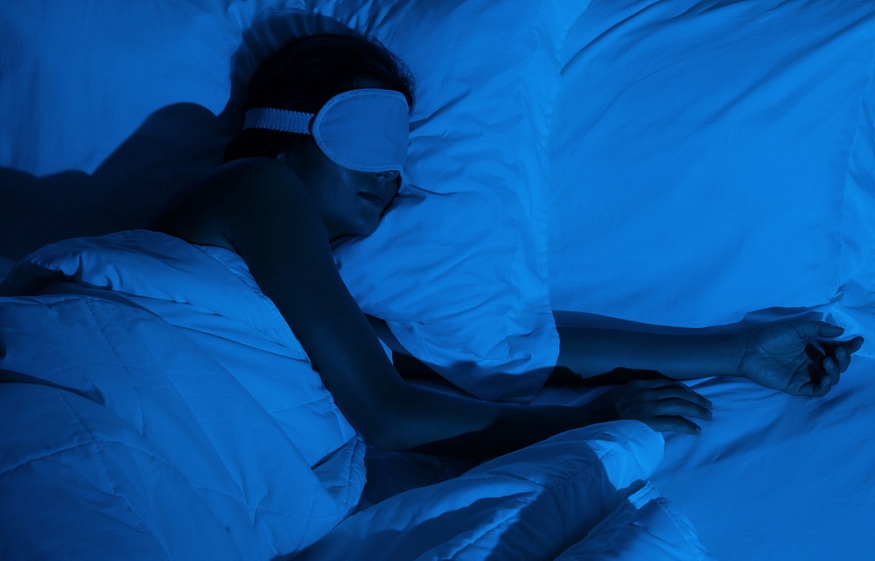We have all heard of the importance of a good night’s sleep. But why is it so important? What actually happens to our brain and body when we close our eyes at night? And, what happens if we do not get enough sleep?
Why is Sleep So Important?
We all know that humans cannot survive without food and water. But did you know that human beings cannot survive without sleep either? And when you stop to consider that most of us will spend around a third of our lives sleeping, it becomes easier to understand that this is one function that we cannot skip.
Good quality sleep is vital for health. Not getting enough sleep can lead to both short- and long-term side effects. In the short term, you are likely to feel tired and may not be able to concentrate. Your ability to think clearly will be impaired, which could have a negative impact on work or school. You might find that your reaction times are slower, which could put you at risk of an accident behind the wheel or if you are operating machinery at work.
Those who are not getting enough sleep might also be moody and snappy, which could have an impact on relationships with friends, family members, and work colleagues.
Continued sleep problems can lead to a variety of mental and physical health problems such as anxiety, depression, weakened immune system, weight gain, and a lower sex drive. Over time, your appearance will start to suffer as your body begins to produce more cortisol, the stress hormone that is responsible for the breakdown of collagen (which is that which keeps our skin smooth and wrinkle-free).
To understand more about why sleep is so important, it is a good idea to explain what happens when we are asleep.
What Sleep Does for our Body and Brain
Humans need sleep for a variety of reasons, one of which is to conserve energy and reduce the need for calories. When we are sleeping, our metabolism functions at a lower rate and hence uses far less energy than when we are awake.
Sleep is also when our body and brain restore themselves. Sleep allows our cells to regrow and repair. Growth hormones are released by the body during deep sleep, as well as various proteins that are used for tissue repair.
It is also thought that the brain converts our short-term memories into long-term memories while we sleep, getting rid of any information that we do not need.
Sleeping helps us to maintain our weight too. Obviously because we do not eat when we sleep but also because hunger hormones such as ghrelin and leptin are controlled during sleep. Ghrelin is the hormone that increases appetite; it decreases during sleep. Leptin on the other hand is the hormone that makes you feel full. When you struggle to sleep, ghrelin is elevated and leptin is suppressed, which can make you feel hungrier. This typically leads to weight gain and is the reason many people with sleep problems are overweight or obese.
What To Do if You Struggle to Sleep
As you can see, sleep is especially important for healthy functioning. The experts at KIYA Longevity recommend taking sleep supplements if you are struggling to either fall asleep or stay asleep. The natural hormones in these supplements, such as melatonin and serotonin, can help to regulate your sleep cycle and improve the quality of your sleep.
You could also try other methods to induce feelings of relaxation such as meditation and hypnotherapy, which can help you to enjoy a restful night’s sleep.



